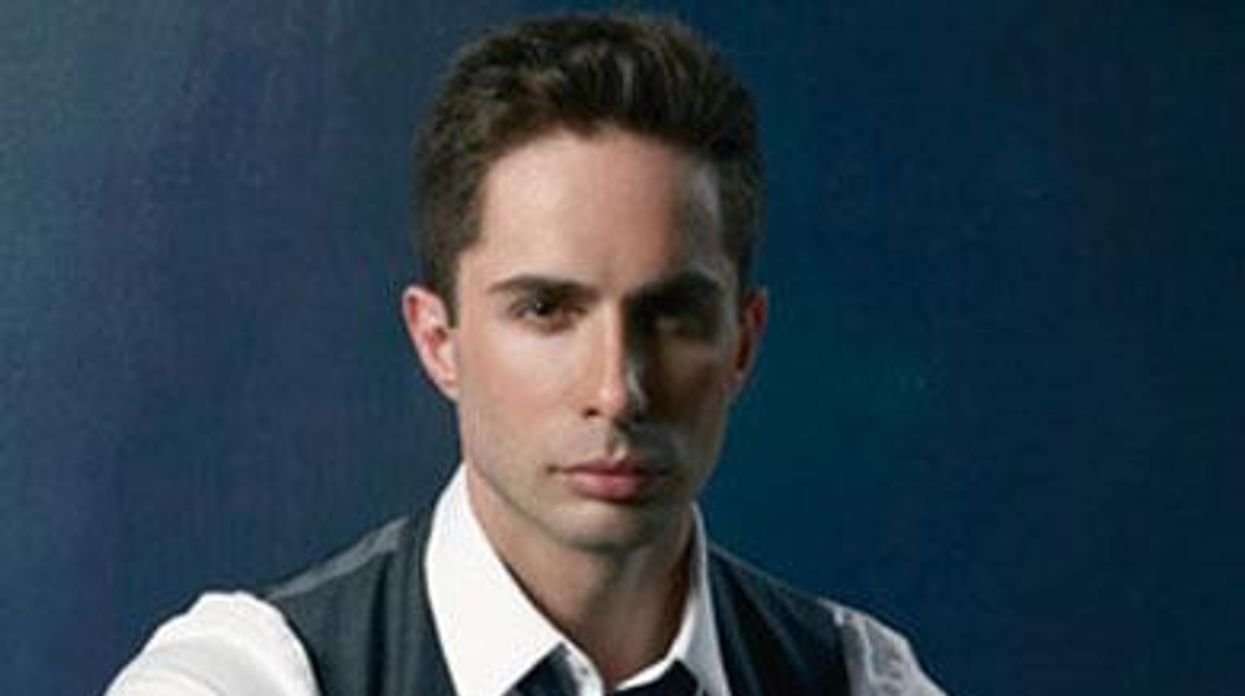I got married to my boyfriend in October 2008 in Los Angeles, in that brief interlude when the California Supreme Court determined gay marriage was legal, and before the people of California approved Proposition 8 and made it illegal again. I did it because the fight for equality had already become defined largely as a fight for marriage rights, and I wanted to support my community, not necessarily in its fight for the "M" word, but in its fight for equality.
I have two arguments against gay marriage, one is rational and the other emotional. Rationally, I don't believe that our fight for marriage is the fastest way to real equality. And emotionally, the trappings of marriage leave me cold. My heart doesn't beat faster when I see a couple clad in black and white marching down an aisle, and I don't feel sentimental when I hear a couple exchange the mostly empty promises of the traditional marriage ceremony. I also have no problem accepting that this institution was not created for same-sex couples. For most people and in almost all cultures, marriage means a contractual relationship between a man and one or more women. Let it mean that.
But then I am an atheist. And I do understand that the United States is a traditional country and old fashioned institutions like marriage are close to the American heart and close to the gay American heart as well. And so the fight for legally recognized LGBT relationships quickly turned from a fight for relationship equality into a fight for marriage equality. How did that happen? Does the LGBT community really care so deeply about words? The relative paucity of marriages contracted in the few states where lesbian and gay marriage is legal makes me wonder. But the leadership of our community has no such doubts. It drew the battle line around the word. It took the whole LGBT community, which always fought for its rights, and made it fight for a word: Marriage. And so our moralistic conservatives meet their moralistic conservatives: "We want the word." "No, you can't have the word."
Ironically, in this fight about the word, the actual legal content of marriage has been forgotten. All our marriage fights, all the resources that are spent and all the emotions that are expended, happen on the state level. And the marriage rights that are conferred on state and local levels are paltry and could easily be packaged differently.
The really important marriage rights exist on the federal level, and this is where we find Bill Clinton's gift to the LGBT community: the Defense of Marriage Act which has made passage of gay marriage highly unlikely. Will the right wing of the Congress agree to abolish DOMA? Not in our lifetime. And will the recent decision by a Massachusetts court, that certain parts of DOMA are unconstitutional, survive scrutiny by our increasingly conservative Supreme Court? I doubt it.
But a conversation that's not about marriage but about the rights associated with marriage still has a chance. If Prop. 8 in California had been mounted against civil unions and not against marriage, it probably wouldn't have passed. If we took our national leaders--those who unanimously support legal equality for gay people through civil unions--at their word, we might actually make real progress.
But here we run again into the arguments of LBGT traditionalists: If one group of people is allowed to be married and another is only allowed civil unions, even if there is no legal distinction between the two institutions, is that true equality? Personally, I believe we should fight for equality of rights, not equality of words. If civil unions conferred the same rights as marriage, civil unions would be just fine by me. I'd be perfectly happy with "Separate but equal," if "equal" means real equality. Actually, "different but equal" is what we should be. We should be proud of and preserve what makes our community distinctive and at the same time have access to the same rights as the majority.
Those who stand against gay marriage are not all little red monsters. Many are just conservative people. If you ask them if gays and lesbians should be allowed to marry, most will say no. But if you ask them, "Should gays and lesbians have the same rights?" many will say yes. I am not saying that this conversation will be easy. In Hawaii, Gov. Linda Lingle just vetoed the legislature's civil union bill. But it's the only conversation that has a chance to succeed in the foreseeable future, and by fighting for marriage at all costs, the LGBT leadership has made it impossible to achieve equality. That's criminal and elitist. The wealthy in our community can hire the lawyers who will create a framework around their relationships, their adoptions, their inheritances, and so on. It's really the less privileged in our community who desperately need access to the rights marriage confers, automatically, and at no cost.
Of course I am not saying that the religious and traditional among us shouldn't have the right to exchange rings in a nice ceremony and call each other husband and husband or wife and wife. But let that be between them and their churches and synagogues and let our leadership direct the fight where it has the best chance to achieve substantive results.















Charlie Kirk DID say stoning gay people was the 'perfect law' — and these other heinous quotes
These are some of his worst comments about LGBTQ+ people made by Charlie Kirk.